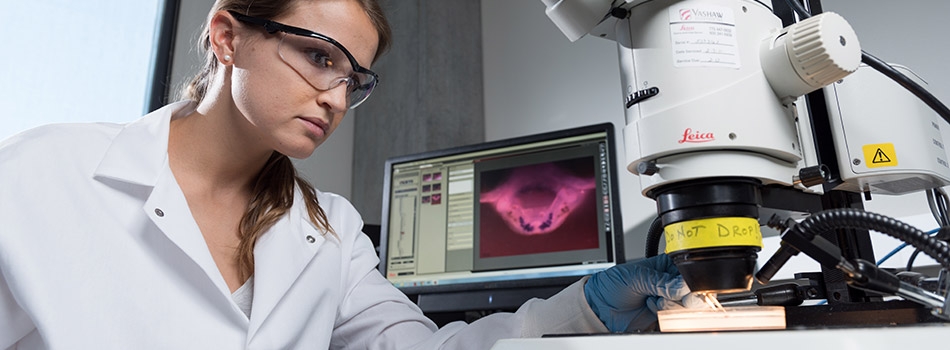
There is an extensive collection of ethical issues associated with research data. Among the key ethical issues that should be identified and discussed before research proceeds is which methods should be used to collect data, who is rightfully entitled to ownership of data, and what is the proper way in which to disclose data.
The procedures used for collecting data can vary greatly depending on the type of research being conducted. Yet a vital component of data collection is keeping accurate records. Responsible research practice typically requires that notebooks are maintained in a precise and detailed manner. Without complete documentation of how research data were obtained, for example, it can become difficult for other researchers to reproduce an experiment or for the researcher to defend a patent application. In many research communities, reproducibility has become a growing issue of concern.
Data ownership is a key issue pertaining to research, which is in part due to the future research avenues that the data might open and to the potential commercial applications that might stem from the data. When an arrangement is established among researchers, institutions, and funding sources, the issue of data ownership should be directly addressed.
Data disclosure and data sharing also raise a host of ethical issues. For example, if a researcher has access to proprietary information, the researcher might not be allowed to reveal that information to other individuals unless permission has been granted to do so. Further, privacy and confidentiality concerns can emerge if sensitive data, including information from research with human beings, are shared without consulting relevant policies and regulations.
Other Links & Resources
- Georgia’s Sunshine Laws: A Citizen’s Guide to Open Government (PDF)
- National Institutes of Health (NIH): Final Statement on Sharing Research Data
- National Institutes of Health: Research Repositories, Databases, and the HIPAA Privacy Rule
- National Institutes of Health: Rigor and Reproducibility
- National Science Foundation (NSF): Dissemination and Sharing of Research Results
- Office of Management and Budget: Guidelines for Ensuring and Maximizing the Quality, Objectivity, Utility, and Integrity of Information Disseminated by Federal Agencies